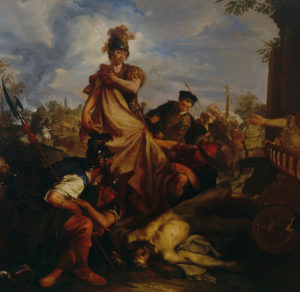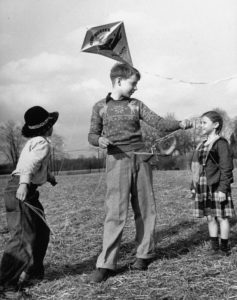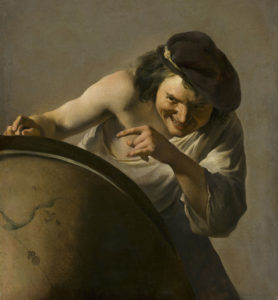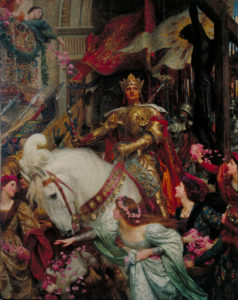Jean-Jacques Rousseau
Inspirational Inflections
These, in my opinion are the most general physical causes of the characteristic differences of…
He Keeps Quite
Generally people who know little speak a great deal, and people who know a great…
The Child’s Judgment
I heard the late Lord Hyde tell the story of one of his friends who,…
The Philosopher
If the philosophers were in a position to discover the truth, who among them would…
The Majesty of the Scriptures
I also admit that the majesty of the scriptures amazes me, and that the holiness…





